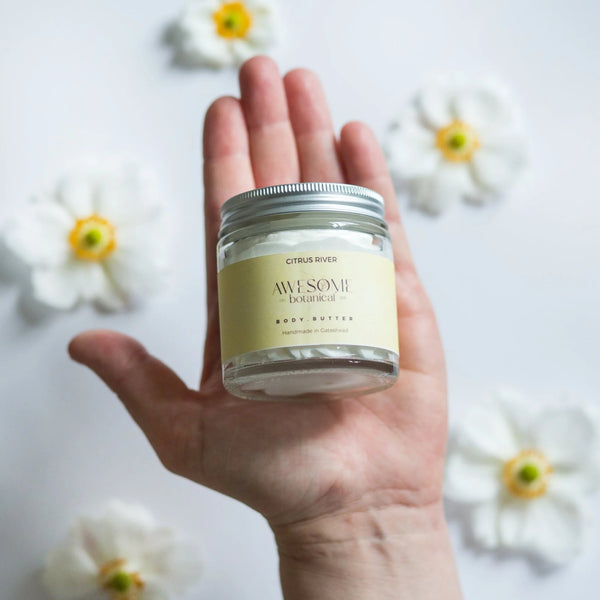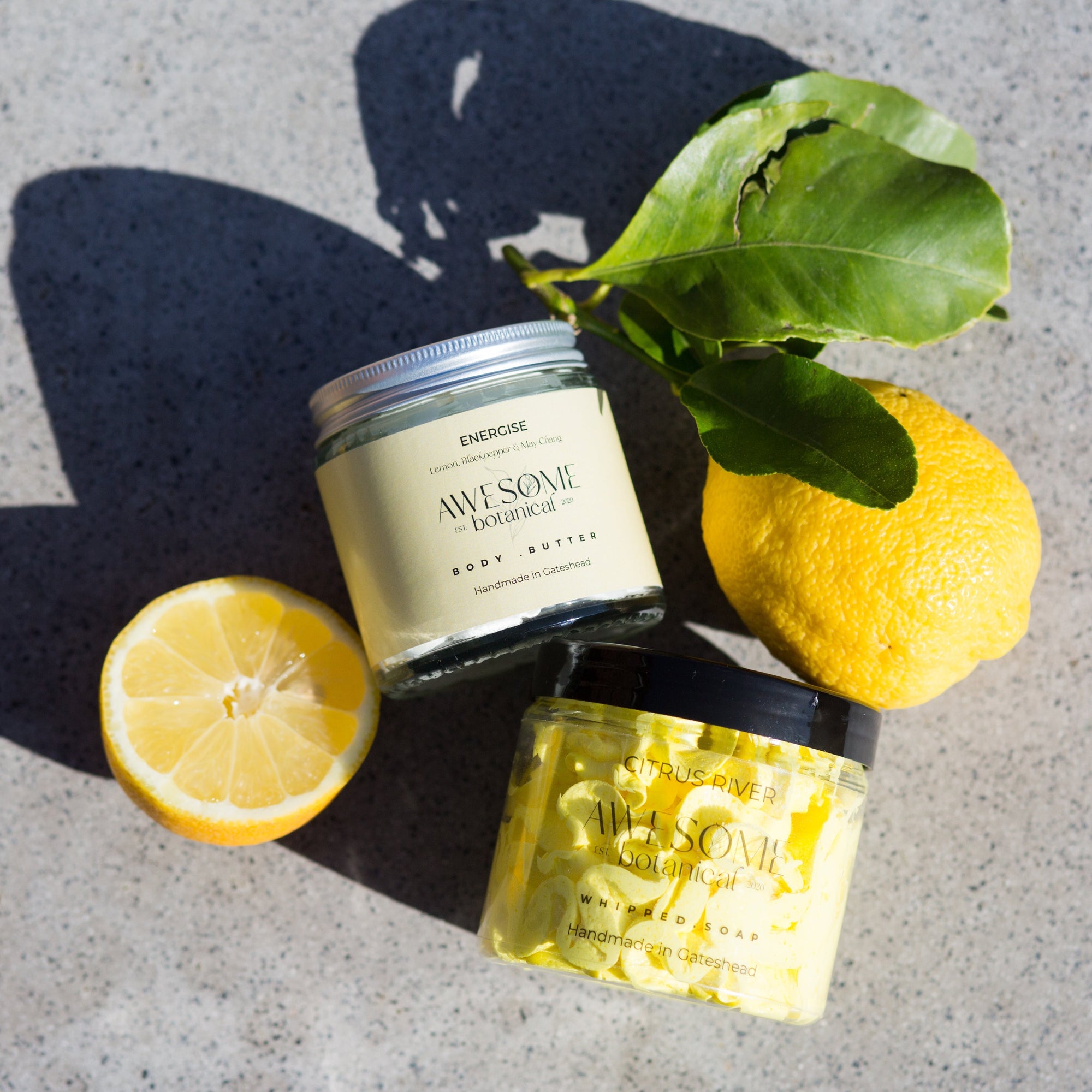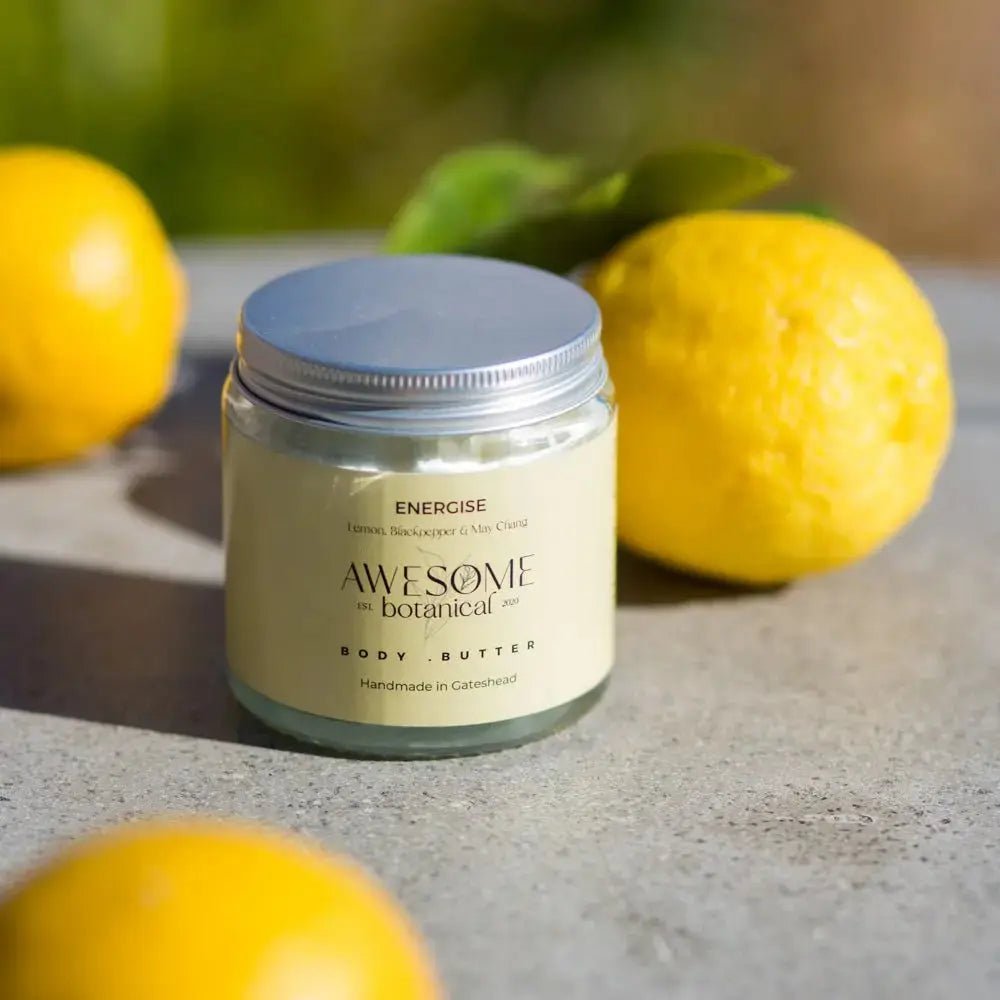Supporting someone through the recovery journey of an eating disorder can be both emotionally challenging and rewarding. It requires a delicate balance between being there for your loved one and taking care of yourself. In this article, we'll explore the importance of self-care in supporting someone recovering from an eating disorder and provide practical tips backed by research and expert advice. I’m Natalie, founder of Awesome Botanical, and although I write about this with no lived experience myself, I have made every effort to ensure that I have researched this topic thoroughly so that I can give empathetic advice, but it doesn’t represent professional medical advice, and if you have any concerns about a loved one and what they may be experiencing, please reach out to the help available (I’ve linked to some at the bottom of this article!)
Understanding Eating Disorders:
Before delving into ways to support recovery, it's crucial to understand the complexity of eating disorders. Eating disorders, such as anorexia nervosa, bulimia nervosa, and binge eating disorder, are serious mental illnesses with physical manifestations. They often stem from a combination of genetic, environmental, and psychological factors. They can be devastating not only for the person that is suffering with the condition, but also the family and friends of that person too. Normally the first and most pressing thing people want to do is help. If that is you, then here is some advice on how:
1. Educate Yourself
One of the most impactful ways to support someone with an eating disorder is by educating yourself about their condition. Understanding the signs, symptoms, and challenges they face can foster empathy and effective communication. There is a brilliant article on this that can help from NEDA (the National Eating Disorders Association)
2. Practice Active Listening
Being a supportive presence involves active listening without judgment. Create a safe space for your loved one to express their thoughts and feelings about their recovery journey. Validate their experiences and offer reassurance that you're there to support them unconditionally. Beat, the charity that supports people managing eating disorder conditions, advocates that active listening can be a massive support – you can check out more on this here.
3. Encourage Professional Help
While your support is invaluable, it's essential to encourage your loved one to seek professional help from therapists, dietitians, and medical professionals specialised in eating disorders. Offer to assist them in finding appropriate treatment options and accompany them to appointments if needed. With the rise of social media there is a tendency for people to try and self manage conditions, or take advice which could actually be harmful. Encouraging professional help can give you all the confidence in the support and treatments that are being advised.

4. Promote a Positive Environment
Foster a supportive and non-judgmental environment at home. Avoid making comments about their appearance or eating habits and instead focus on celebrating their progress and strengths. Encourage activities that promote self-esteem and body positivity, such as engaging in hobbies they enjoy. Try and find activities you can do together that are not food centred (I have some lovely spa product workshops if you are local to the North East for example!)
5. Set Your Own Boundaries
Supporting someone in recovery doesn't mean sacrificing your own well-being. Establishing boundaries is crucial to maintaining your mental and emotional health. Communicate openly with your loved one about your needs and limitations, and don't hesitate to seek support from friends, support groups, or therapists – as advised by the Carers Trust.
Practice Self-Care
Prioritising self-care is paramount when supporting someone with an eating disorder. Engage in activities that replenish your energy and reduce stress, whether it's exercising, journaling, or spending time in nature. Remember that you can't pour from an empty cup, and taking care of yourself enables you to be a better source of support for your loved one. Why not think about creating your own spa at home if you don’t feel like you can invest in a salon or spa break. At Awesome Botanical we have created spa products for you to create your own self care space in your own bathroom! From gorgeous whipped soaps to indulgent body butters, you can take some time out for yourself so that you are in your best shape for being there for your loved one.

Seek Support
Reaching out for support from others who understand what you're going through can be immensely beneficial. Joining support groups for caregivers of individuals with eating disorders or seeking guidance from mental health professionals can provide validation, guidance, and a sense of community. Check out the Feast website for more information on support like this.
Supporting Someone With An Eating Disorder: A Self-Care Approach
Supporting someone recovering from an eating disorder requires a compassionate and self-aware approach. By educating yourself, fostering open communication, and prioritising self-care, you can provide invaluable support to your loved one while safeguarding your own well-being. Remember that recovery is a journey, and your steadfast support can make a profound difference in their healing process. Wishing you all the strength on the journey…
Helpful Resources & References:
- Beat. (2022). Supporting someone with an eating disorder. https://www.beateatingdisorders.org.uk/recovery-information/friends-family-carers/supporting-someone
- Carers Trust. (n.d.). Eating Disorders. https://carers.org/article/eating-disorders - National Eating Disorders Association (NEDA). (n.d.). Supporting a Loved One. https://www.nationaleatingdisorders.org/help-support/support-neda
- National Eating Disorders Collaboration. (n.d.). Supporting Someone with an Eating Disorder. https://www.nedc.com.au/assets/NEDC-Published/Resources-Guidelines/NEDC-Resource-Booklets/Supporting-someone-with-an-eating-disorder.pdf
- National Institute of Mental Health. (2020). Eating Disorders. https://www.nimh.nih.gov/health/topics/eating-disorders/index.shtml
- Royal College of Psychiatrists. (2017). Information for Carers: Eating Disorders. https://www.rcpsych.ac.uk/mental-health/families-and-carers/information-for-carers/eating-disorders



